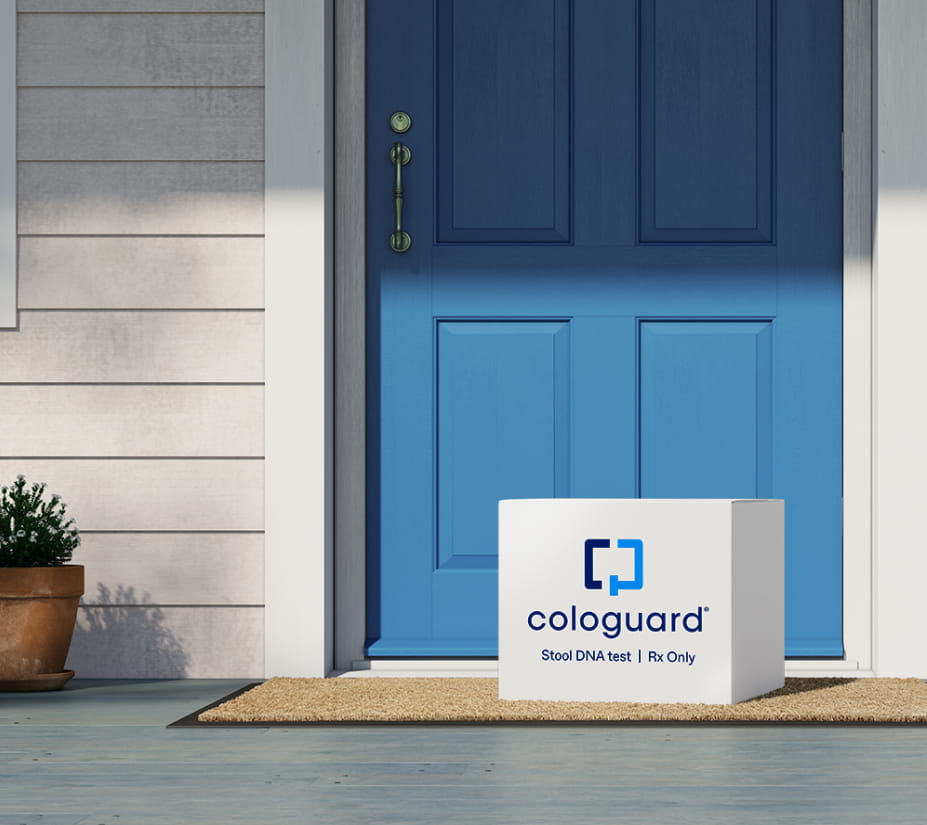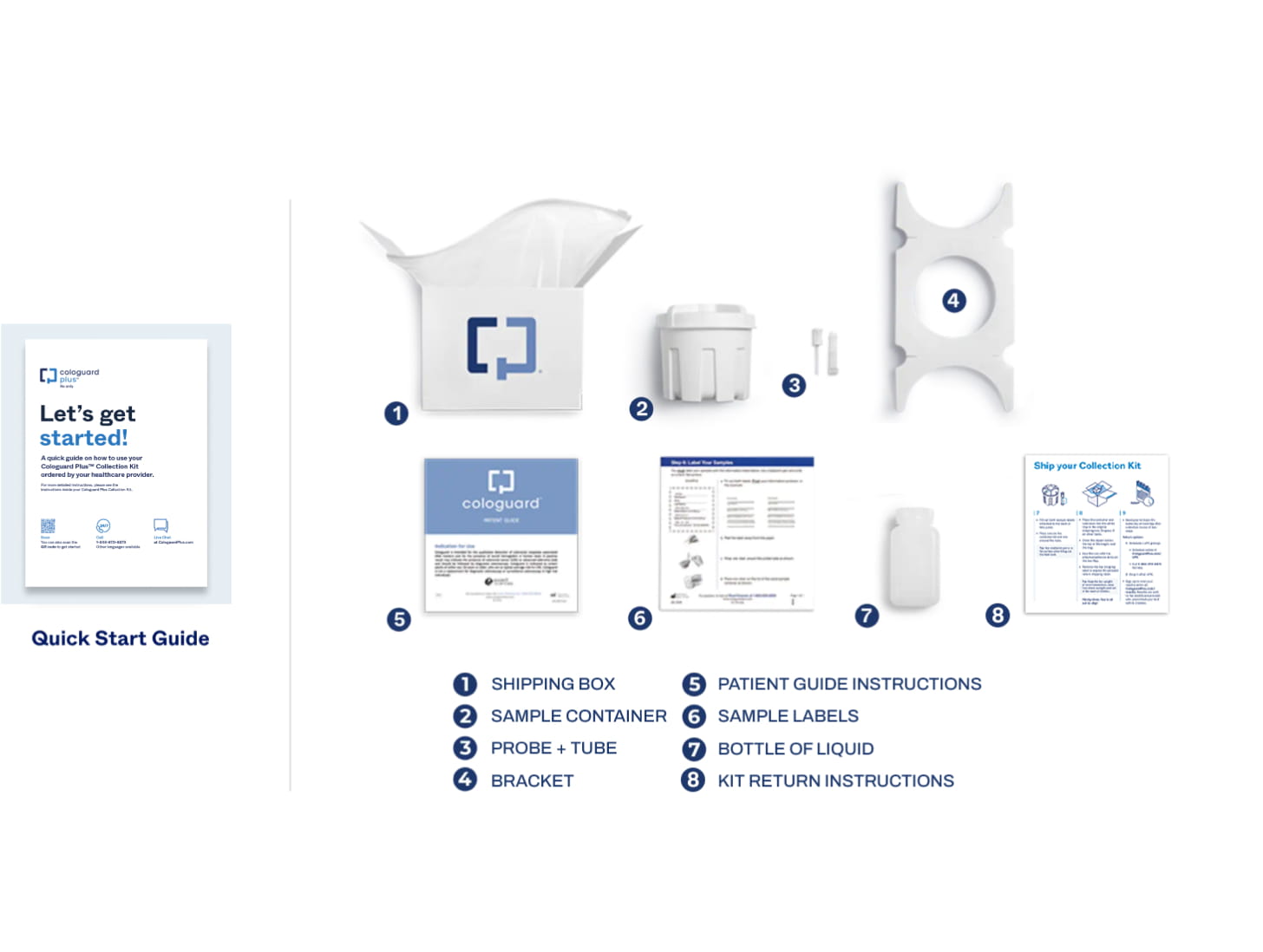A positive result does not necessarily mean a patient has cancer. It means that the Cologuard test detected DNA and/or hemoglobin biomarkers in the stool that are associated with colorectal cancer or advanced adenoma. False positives and false negatives occur with the Cologuard test, and appropriate follow-up is important. Patients with a positive result should have a colonoscopy.1
False positives and false negatives do occur. In a clinical study, 13% of patients without colorectal cancer or advanced adenomas received a positive result (false positive) and 8% of patients with cancer received a negative result (false negative).
- Cologuard® Clinician Brochure. Madison, WI: Exact Sciences Corporation.
A negative result means that the Cologuard test did not detect significant levels of DNA and/or hemoglobin biomarkers in the stool that are associated with colorectal cancer or advanced adenoma. False positives and false negatives occur with the Cologuard test, and appropriate follow-up is important. Patients with a negative result should continue in a screening program appropriate for the patient.1
False positives and false negatives do occur. In a clinical study, 13% of patients without colorectal cancer or advanced adenomas received a positive result (false positive) and 8% of patients with cancer received a negative result (false negative).
- Cologuard® Clinician Brochure. Madison, WI: Exact Sciences Corporation.



